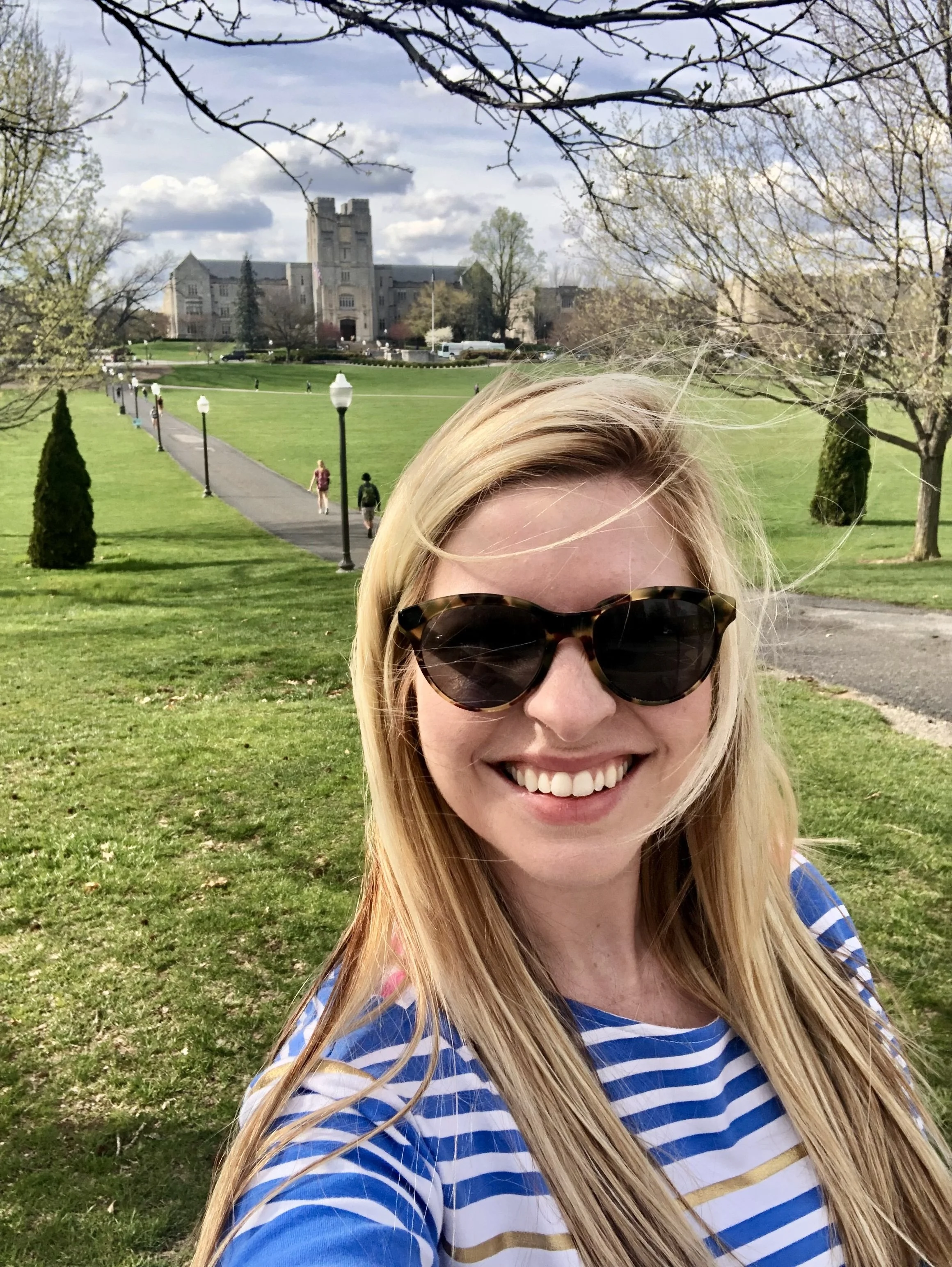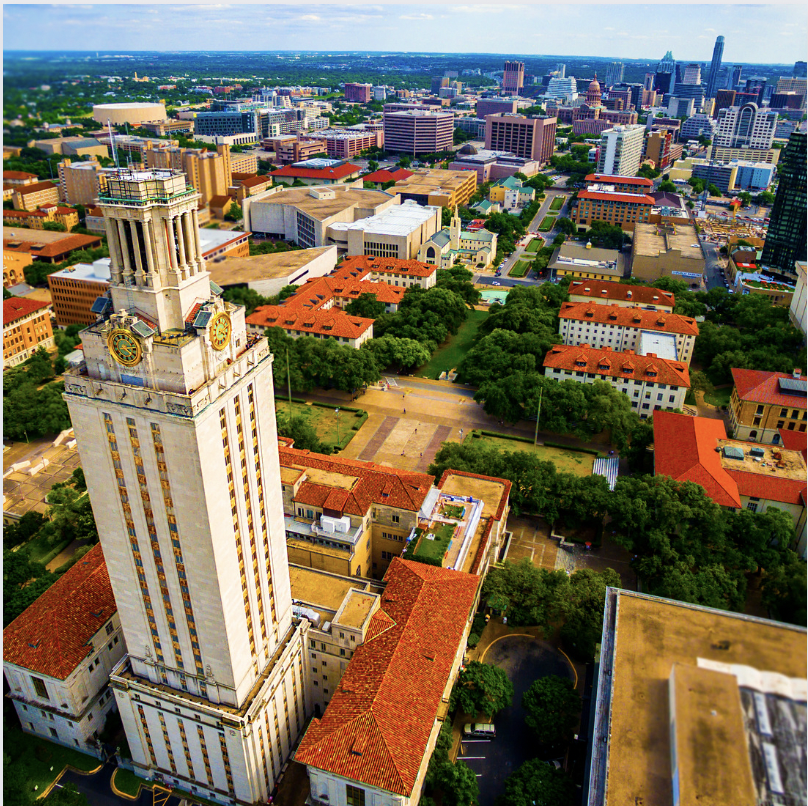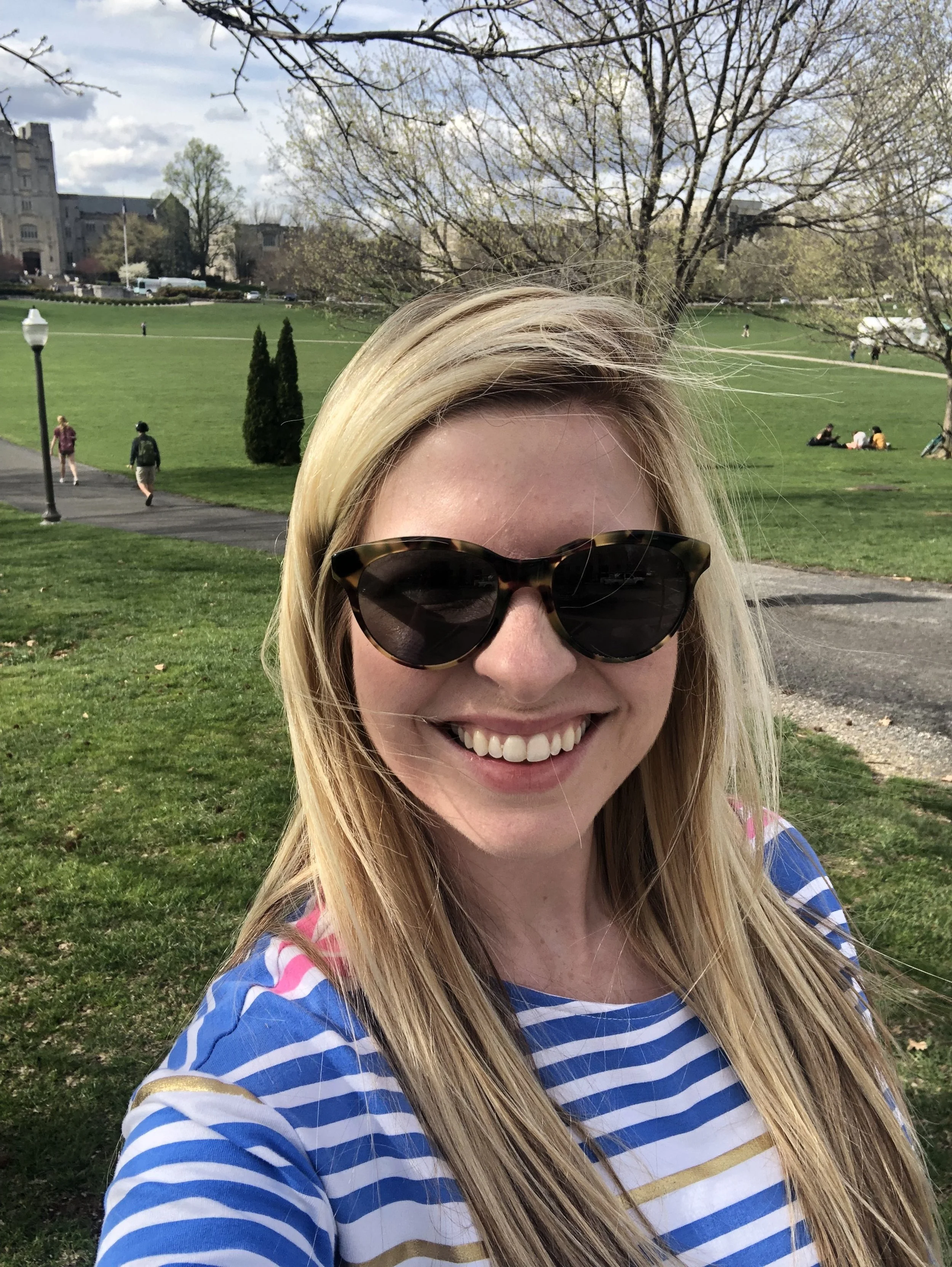Virginia Tech just rolled out a major update to how it reviews applications – and every rising senior should be paying attention. The university has framed these changes as a response to rising application volume and a push for faster turnaround times, and that’s likely true. But in our view, there’s almost certainly more happening beneath the surface.
A Quick Note on Deadlines
First, a quick logistical update: Virginia Tech has bumped its Early Action deadline up from November 15 to November 1. That’s worth noting, but it’s not the headline here. If you’re applying, just be sure to adjust your timeline accordingly.
Note that Virginia Tech also has a materials deadline of December 1.
What’s Actually Changing: Human + AI Essay Review
Starting this fall, every essay submitted to Virginia Tech will be reviewed by both a human admissions officer and an AI tool built by the university’s own researchers. If the two scores are close, that’s it – the essay moves forward. If the scores are more than two points apart on a 12-point scale, a second human reviewer steps in.
It sounds straightforward, and from a logistics standpoint, it is. Virginia Tech received more than 57,000 applications last cycle, and this new process helps them move more quickly without sacrificing fairness or a standardized approach.
Why This Matters (and Why It’s likely Bigger Than They’re Letting On)
In my opinion, there are an additional two significant, unspoken reasons why Virginia Tech has turned to AI for essay review:
1. They want to detect AI-written essays.
I’ll be honest: this has become a huge problem in our work with students. About a year ago during a Meet & Greet, a parent asked whether many of our students were turning to AI to help with their essays. At the time, my answer was a clear no – it just wasn’t something we were seeing.
What a difference a year makes! Since then, we’ve seen a sharp uptick in students experimenting with AI tools to “draft” their college essay work between their meetings with our essay coaches. For some, it’s turned into a bit of a cat-and-mouse game – they try to pass off AI-generated content, and we step in to explain why that’s not just inappropriate, but extremely harmful to their chances of admission. And we’re catching it. When something feels off, we pause, ask hard questions, and help the student re-draft. It takes time, and yes, it can be frustrating – but the alternative is far worse.
So, while Virginia Tech hasn’t officially said that its new AI-assisted review system is meant to detect AI-generated essays, we’re almost certain that’s exactly what it’s doing. They’ve created a process that quietly flags essays that don’t feel quite right – and we know other colleges are doing the same, even if they’re not saying so publicly.
2. They want essays that reflect Virginia Tech’s mission and values.
Since Juan Espinoza’s leadership began approximately eight years ago, Virginia Tech has shown time and time again that they care deeply about mission fit. And they’ve been very clear about what that mission is! Guided by their motto Ut Prosim (That I May Serve), Virginia Tech describes itself as “an inclusive community of knowledge, discovery, and creativity dedicated to improving the quality of life and the human condition” – both in Virginia and around the world.
They really live this out. You can feel the ethos in their supplemental prompts, which ask students to reflect on service, curiosity, impact, and community. So, our guess is that this AI model was trained to evaluate how well a student’s essay speaks to those values – not just in what they say, but in how they say it. Does the writing reflect a sense of purpose? A desire to contribute? A curiosity about the world and a willingness to serve others? Do the examples and anecdotes sound like a 17-year-old wrote them?
In other words, authenticity matters A LOT for Virginia Tech!
So, What Should Students Do?
Nothing different, if they are already writing their own essays, being thoughtful about their responses, and avoiding AI shortcuts. This new system only reinforces what we already teach: essays should be authentic, specific, and rooted in the student’s voice.
For that reason, I don’t mind this change. It gives students who are playing by the rules an edge. Because while some applicants will get flagged for using AI, and others might turn in essays that feel detached or surface-level, students who’ve taken the time to write with purpose will stand out even more.
Final Thoughts
Virginia Tech is the first college we’ve seen openly announce the use of AI in its essay review process – but we’d be shocked if they’re the only ones. Other schools are almost certainly using similar tools behind the scenes without public recognition of it. That’s why it’s more important than ever for students to stay grounded in their own voice.
If you’re guiding your student from the dining room table, here are a few steps to help keep things on track:
Stick with a structured outline and encourage real-time drafting. Try not to skip straight from brainstorm to final draft.
Use Google Docs and enable Revision History to ensure the process stays transparent – it’s a great way to see how writing evolves. If your student is copying and pasting large amounts of text, that’s a big sign that something is not right.
If something feels “off” in tone – too polished, too generic, or just not like your child – that’s a sign to pause. Go back to the outline and have your student write with you present.
Check drafts with multiple AI detection tools. They’re not perfect, but if one of them flags the writing and it doesn’t feel authentic, don’t take the risk.
We’ve heard from some parents who assume it’s fine to let ChatGPT write from a student-created outline, believing that the end result will “sound human” and pass through unnoticed. But colleges and their tools are getting sharper! What may have worked quietly last year will likely carry serious consequences this fall, including automatic application denial in addition to contact with the student’s high school about a potential academic integrity violation.
So, you don’t need to be an English teacher or tech expert. Just be present, ask questions, and help your student reflect on what they want to say/how they want to say it.
And of course, if you want backup, we’re always here!






















